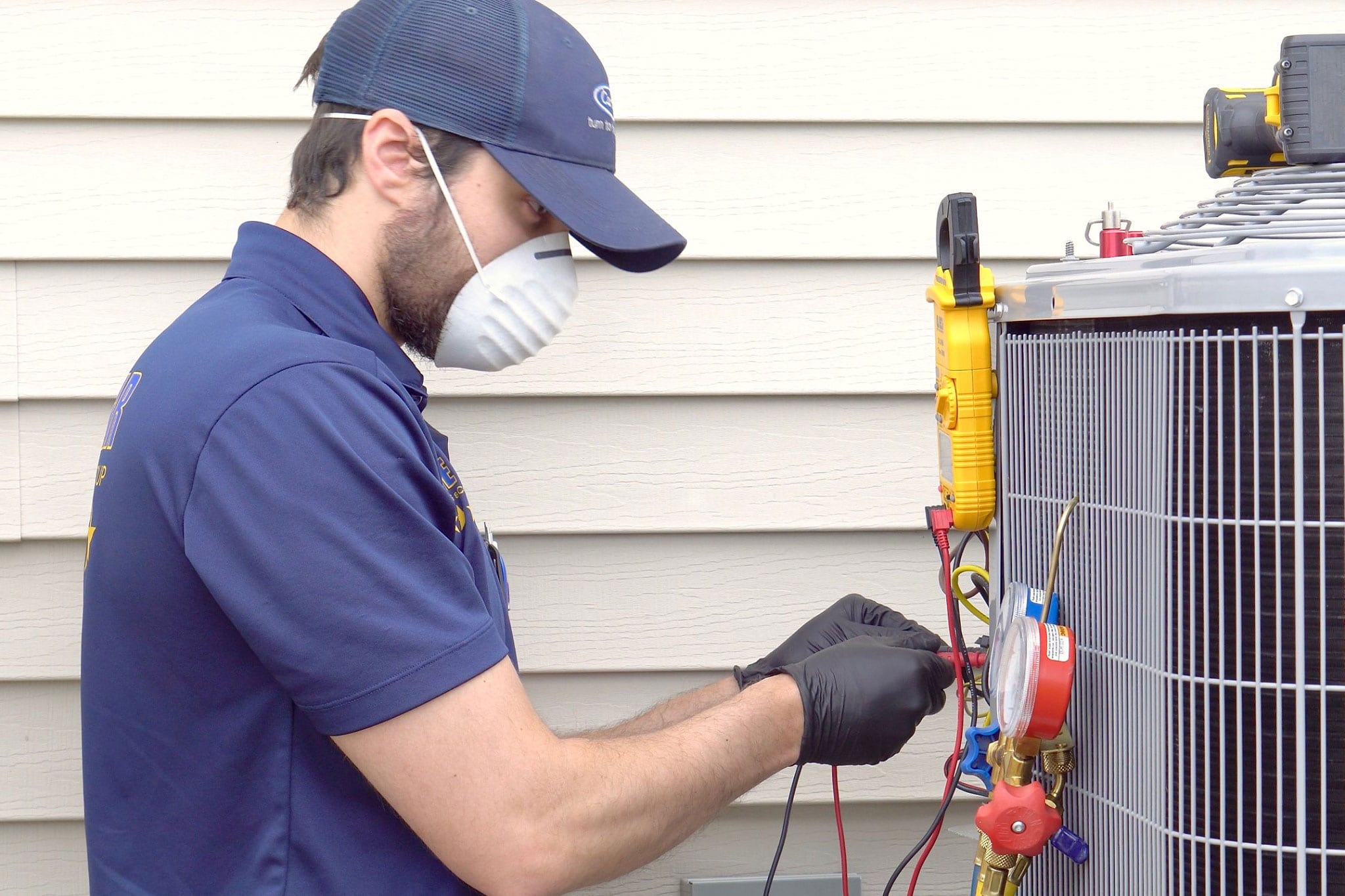Picking the right HVAC solution for the house can feel challenging, notably given the many choices and technical aspects to evaluate. Regardless of whether you are constructing a brand new house, renovating, or merely aiming to enhance your present system, comprehending the meaning of HVAC and its operation is crucial. HVAC refers to temperature control, air flow, and air conditioning, and it holds a crucial role in ensuring the comfort of your home throughout the year. This beginner's guide will navigate you through the essential parts of HVAC systems, frequent issues and their answers, and care advice to maintain your system efficiently.
As you investigate the various types of HVAC systems available, you will find that they each feature unique features and advantages. From classic central air systems to contemporary ductless mini-splits and geothermal heat pumps, the selections can be daunting. Grasping the influence of different systems on energy efficiency and indoor air quality can aid you make a knowledgeable choice that fulfills your comfort requirements but also aligns with your spending limit. By the end of this piece, you will be prepared with valuable knowledge to select the ideal HVAC solution for your residence and experience a comfortable living environment all year long. spintax #### Comprehending HVAC Installations
HVAC stands for Heating, Air Flow, and Temperature Control, the three core components responsible for maintaining indoor comfort levels. An HVAC system controls temperature, humidity, and air freshness within domestic and commercial spaces. Understanding each of these components is important for determining the appropriate system for your home or business. Heating systems consists of various methods to warm indoor spaces, while air conditioning lowers the temperature of and reduces humidity in the air. Airflow maintains a continuous stream of clean air to maintain a healthy environment.
An HVAC system usually includes a heater or heating pump for heating, an AC for cooling, and ventilation ducts or alternative means of circulating conditioned air around the space. Modern systems might also include connected thermostats, air purifiers, and dampness regulation features, that improve both comfort and efficiency of energy use. By optimizing these components, homeowners can create a comfortable living setting while lowering energy bills.

Additionally, grasping the interplay of these components can help in solving common issues and making wise decisions about care and improvements. Regular servicing and swift repairs are essential to prolonging the lifespan of an HVAC system. As technology evolves, latest innovations arising within the HVAC industry offer better efficient energy use and superior indoor air quality, providing further benefits to health and well-being in houses and commercial spaces too.
Typical HVAC Problems and Solutions
A of the most common issues homeowners face with their HVAC units is poor heating or cooling. This issue can stem from several sources, including a filthy air filter, which restricts airflow and reduces efficiency. An additional potential cause is incorrectly sealed ductwork, which can lead to considerable energy waste. To address this issue, begin by checking and replacing air filters on a regular basis, and examine ductwork for any leaks that demand sealing.
Another prevalent problem is the strange noises coming from the HVAC unit, such as rattling, thumping, or hissing. These sounds can signal mechanical problems or unsecured components. The first step is to make sure that mounting brackets and screws are tight. If air conditioning repair persist, it may be necessary to call a certified technician who can diagnose and resolve more serious mechanical issues competently.
Finally, a malfunctioning thermostat can lead to significant discomfort and energy inefficiency. If your HVAC system is running constantly or not responding to temperature changes, adjusting or replacing the thermostat could be a feasible solution. Smart thermostats provide additional benefits, such as programming features and remote access, helping homeowners optimize their heating and cooling settings while potentially lowering energy bills.
Energy Efficiency and Maintenance Tips
To ensure your HVAC system functions optimally, one of the essential methods is routine maintenance. Scheduling seasonal tune-ups can help identify possible problems early on, ensuring that your system runs efficiently throughout the seasons. A certified technician can maintain the coils, monitor refrigerant levels, and inspect other important components, which can result in improved performance and durability of your system.
Moreover, being conscious of your thermostat settings can significantly impact your energy bills. During winter, setting your thermostat a few degrees lower while dressing in warmer clothing can reduce heating costs. In the summer, raising the temperature a couple degrees can lower air conditioning expenses while still keeping your home pleasant. Think about installing a smart thermostat that automatically adjusts according to your schedule or the weather, maximizing energy use.
Finally, improving your home’s insulation and repairing air leaks can work wonders for your HVAC efficiency. Insulating walls, attics, and ductwork reduces energy loss, while sealing windows and doors keeps conditioned air from leaking out. By taking these measures, you not only enhance the comfort of your home, but you also create a more energy-efficient environment, causing lower utility bills and a reduced carbon footprint.
